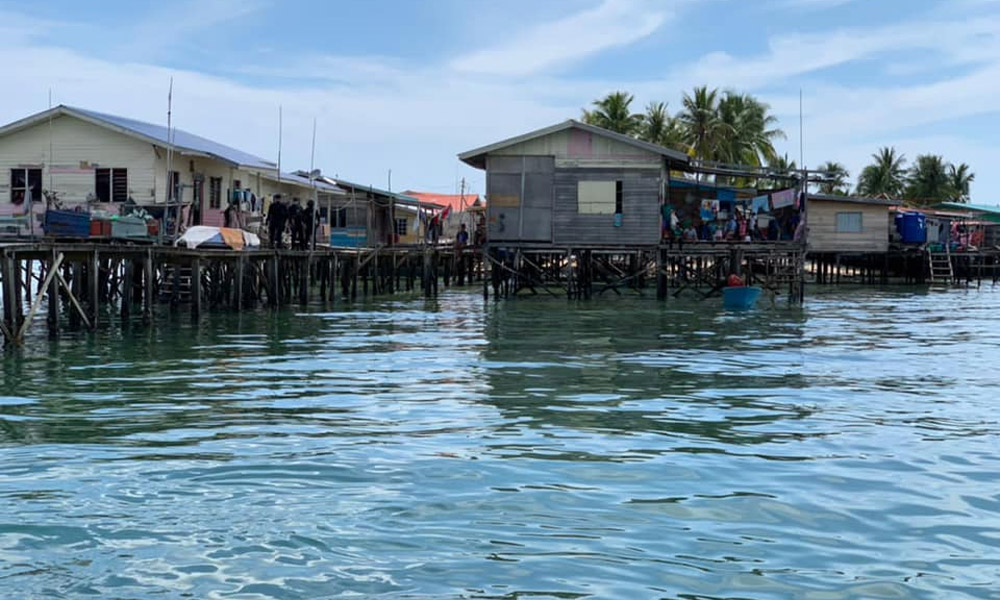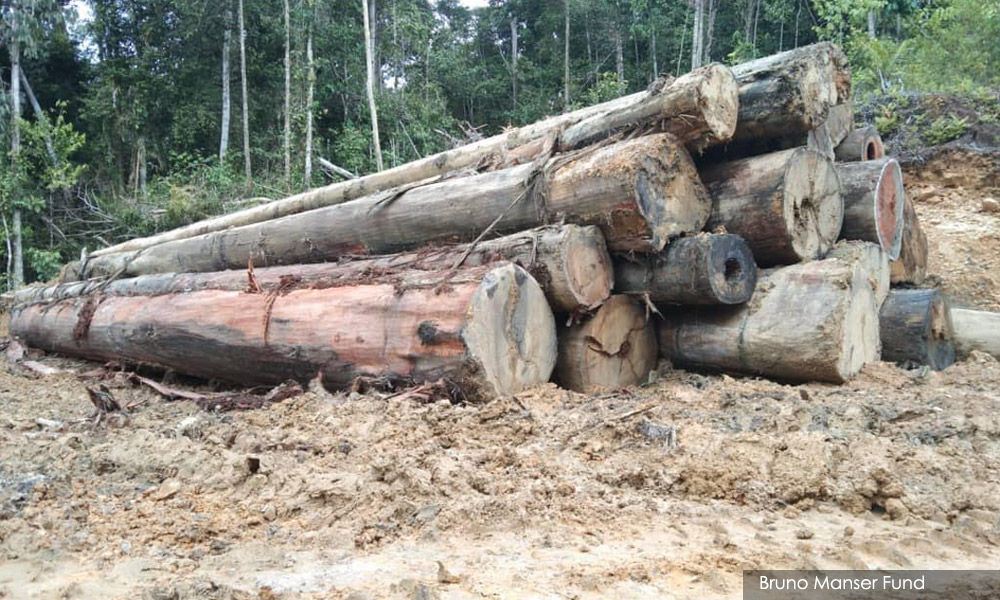ADUN SPEAKS | The longer it takes the federal government to identify and resolve the problems faced by the people in Sabah and Sarawak, the more difficult and intractable are going to be the relationship between the federation and the two states.
By going to the crux of the matter, the coffee shop talks about the two states leaving the federation can be mitigated.
Separation might only surge forward if the federal government, together with those who manage the affairs of these territories, pretend there is nothing wrong in the relationship after they embraced the federation through an act of Parliament, the Malaysia Agreement 1963 (MA63).
In these 58 years, how have the two Borneo territories benefited from being in the Federation of Malaysia?
Former prime minister Dr Mahathir Mohamad's assertion that Sabah and Sarawak have benefitted immensely from being part of the federation might be hurting and too insensitive to the people in the states over the decades.
When the federal government takes the entire petroleum revenue, leaving only five percent to Sabah, how could such an arrangement benefit the Sabahans?
How come the need to give back more of the petroleum revenue has fallen on the deaf ears of those who control the levers of the government in Putrajaya?
Why are the local politicians only paying lip service to this important demand?

Why are the territories of Sabah and Sarawak, despite their different status as per the MA63, are simply treated as the 12th and 13th states of the Federation of Malaysia?
Why are these two territories, despite the difference in status with the other 11 states of Peninsular Malaysia, treated as mere appendages to the federal government?
Almost all top civil servants in these two territories are invariably from Peninsular Malaysia.
Whatever happened to the “decolonisation process” of more and more Sabahans and Sarawakians being trained and appointed in the leading positions in these two states?
The way the indigenous communities are treated
If this process has not occurred, then what are we to say about the way that the indigenous communities are treated and rewarded in their own territories?
The present unequal relationship between these two states and the federal government based in Putrajaya is facilitated and condoned at two levels.
The politicians in Sabah and Sarawak are not blameless. They, despite differences, work closely with the political parties, especially the dominant ones in Peninsular Malaysia.
The fact that governments are formed at the national level is often predicated on the support given by the political parties in these two states.
Thus, for the political support to keep the federal government afloat, the elites in Sabah and Sarawak are the direct beneficiaries.
Budgetary and other allocations are there, but whether these allocations benefit the ordinary people in Sabah or Sarawak is another question.

Even if the federal government ignores the plight of the people in Sabah and Sarawak, such an oversight is not possible without the consent of the political elites in these two territories.
In other words, the marginalisation of the people in these two territories can only be possible in the context of an amicable nexus between the local elite and the political elite based in Putrajaya.
The indiscriminate exploitation and extraction of natural resources are possible because of the close nexus of the political elite at the two levels.
Yes, Sabah and Sarawak are rich in resources but remain poor.
Why is this possible after 58 years of MA63?
Surely the blame can be cast on the federal government for the fundamental neglect of the people in these two equal but unequal territories.
While the federal government is largely to blame for the marginalisation of these two territories, the political elites in these two territories are to be equally blamed.
In short, by being the direct beneficiaries of the nexus with those in Putrajaya, they have seriously and shamelessly neglected the welfare and well-being of their people in these two significant rich territories.
If 58 years of being part of the federal government have not produced any tangible benefits for the people in Sabah and Sarawak, the future seems rather bleak.
To date, despite some efforts, the federal government is yet to restore the dignity and pride of these two territories by revisiting the MA63.
There is a greater need now than before to spell out the true position of Sabah and Sarawak in the MA63.
Anything less than the rectification of the MA63 might be tantamount to the betrayal of the people in these two territories.
The ball is in the court of the federal government, whether it wants to redefine the constitutional position of Sabah and Sarawak - or face the dim prospect of the two territories being inexorably dragged to render them as the mere states of the Malaysian Federation. - Mkini
RAMASAMY PALANISAMY is Perai assemblyperson and deputy chief minister II of Penang.
The views expressed here are those of the author/contributor and do not necessarily represent the views of MMKtT.



No comments:
Post a Comment
Note: Only a member of this blog may post a comment.